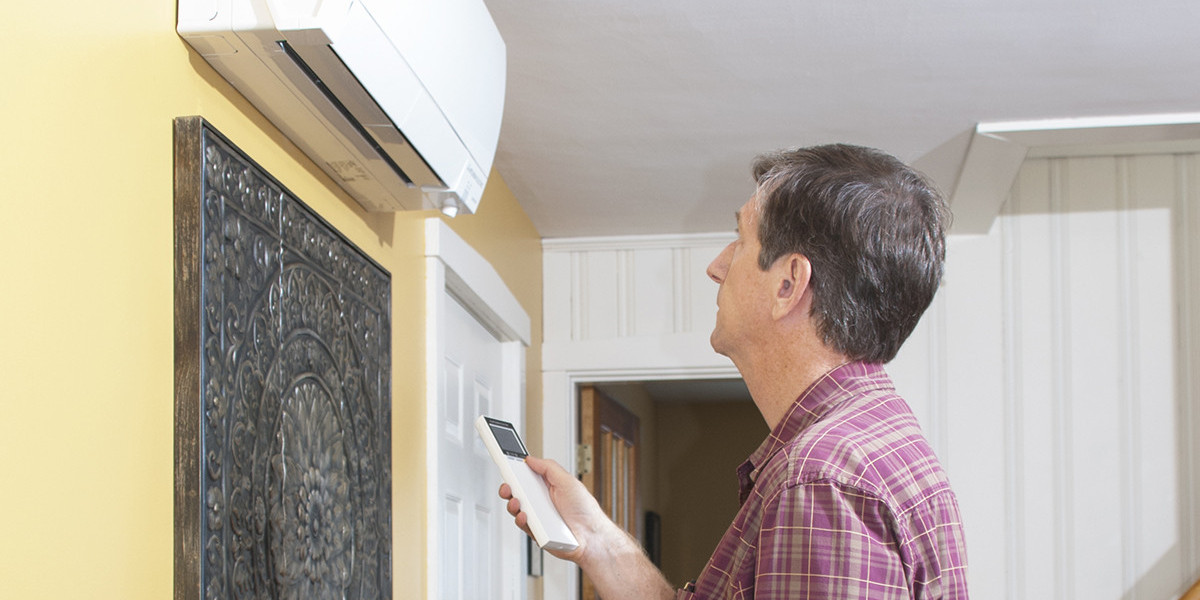Deciding whether to repair or replace your air conditioner can be a tough call, balancing cost, convenience, and long-term efficiency. Here’s a comprehensive guide to help you make an informed decision.
Factors to Consider:
Age of the Air Conditioner:
- Older Units: If your air conditioner is more than 10-15 years old, replacement might be more cost-effective in the long run. Older units tend to require more frequent repairs and are less energy-efficient compared to newer models.
Repair Costs:
- Frequency of Repairs: If you find yourself calling for repairs more often than not, it might be time to consider a replacement. Frequent repairs can quickly add up in costs.
- Cost of Repair: Evaluate the cost of the repair against the age of the unit and its expected lifespan. If the repair costs are significant and your unit is older, it might be wiser to invest in a new, more efficient system.
Energy Efficiency:
- Energy Bills: If you notice a steady increase in your energy bills despite regular maintenance and repairs, your air conditioner might be losing efficiency. Newer models are often more energy-efficient and can save you money in the long term.
- SEER Rating: Check the Seasonal Energy Efficiency Ratio (SEER) of your current unit. Newer models tend to have higher SEER ratings, meaning they operate more efficiently and can lower your energy bills.
Comfort and Performance:
- Inconsistent Cooling: If your air conditioner struggles to maintain a consistent temperature or if some rooms are cooler/warmer than others, it might indicate underlying issues that repairs cannot fully address.
- Noise and Humidity: Excessive noise or humidity levels indoors can indicate inefficiencies in your current system. Newer models often offer quieter operation and better humidity control.
Environmental Considerations:
- Refrigerant Type: Older air conditioners might use refrigerants that are harmful to the environment, such as R-22. Newer models use more eco-friendly refrigerants, reducing your carbon footprint.
- Disposal of Old Unit: Consider the environmental impact of disposing of your old unit. Many HVAC companies offer recycling programs for old units, reducing waste.
Long-Term Planning:
- Future Plans: If you plan to sell your home in the near future, a new, energy-efficient air conditioner can increase the resale value and appeal of your property.
- Warranty Coverage: Check if your current unit is still under warranty. If major components are covered, repairing might be a more viable option.
Conclusion:
In summary, the decision to repair or replace your air conditioner depends on various factors such as the age of the unit, repair costs, energy efficiency, comfort, environmental considerations, and long-term plans. While repairs can provide temporary fixes, replacing an old or inefficient unit with a newer model can offer long-term savings, improved comfort, and reduced environmental impact. It's advisable to consult with a qualified HVAC technician to assess your specific situation and make an informed decision.
What are some common signs that my air conditioner needs repair?
Recognizing the signs that your air conditioner needs repair can help prevent minor issues from turning into major breakdowns. Here are some common indicators that it's time to call in a professional HVAC technician:
1. Poor Airflow:
- Weak or Uneven Cooling: If you notice weak airflow or inconsistent cooling throughout your home, it could indicate issues with the compressor or ductwork.
- Restricted Airflow: Blocked or dirty air filters, ductwork obstructions, or issues with the blower motor can restrict airflow, reducing the efficiency of your air conditioner.
2. Strange Sounds:
- Grinding or Squealing: Unusual sounds like grinding, squealing, or banging noises can indicate worn-out or loose components within the air conditioning system, such as belts, bearings, or fan blades.
- Hissing or Whistling: These sounds might suggest leaks in the ductwork, refrigerant lines, or compressor, which require immediate attention to prevent further damage.
3. Foul Odors:
- Musty Smells: Mold or mildew growth within the air conditioning system, particularly in the ductwork or evaporator coil, can produce musty odors when the unit is running.
- Burning Odors: A burning smell could indicate overheating components or electrical issues within the air conditioner, requiring immediate inspection and repair to prevent potential fire hazards.
4. High Humidity Levels:
- Excessive Moisture: If your air conditioner is failing to adequately dehumidify the air, resulting in high indoor humidity levels, it could signal issues with the evaporator coil, refrigerant levels, or drainage system.
5. Leaks or Moisture:
- Water Leaks: Puddles or moisture accumulation around the indoor unit or along the refrigerant lines can indicate leaks in the condensate drain line, refrigerant lines, or evaporator coil.
- Refrigerant Leaks: If you notice hissing sounds, ice buildup on the refrigerant lines, or decreased cooling performance, it could indicate a refrigerant leak, which requires immediate attention to prevent further damage to the system.
6. Constant Cycling:
- Frequent On/Off Cycling: A constantly cycling air conditioner might be struggling to maintain the desired temperature, potentially due to issues with the thermostat, compressor, or refrigerant levels.
7. Increased Energy Bills:
- Sudden Spikes in Energy Bills: If your energy bills have significantly increased without a corresponding increase in usage, it could indicate reduced efficiency or underlying issues with your air conditioning system.
Conclusion:
Recognizing these common signs of air conditioner problems can help you address issues promptly, ensuring optimal performance, energy efficiency, and comfort in your home. If you notice any of these symptoms, it's essential to schedule a professional HVAC inspection and repair to diagnose and resolve the underlying issues before they escalate. Regular maintenance and timely repairs can extend the lifespan of your air conditioner and prevent costly breakdowns.








